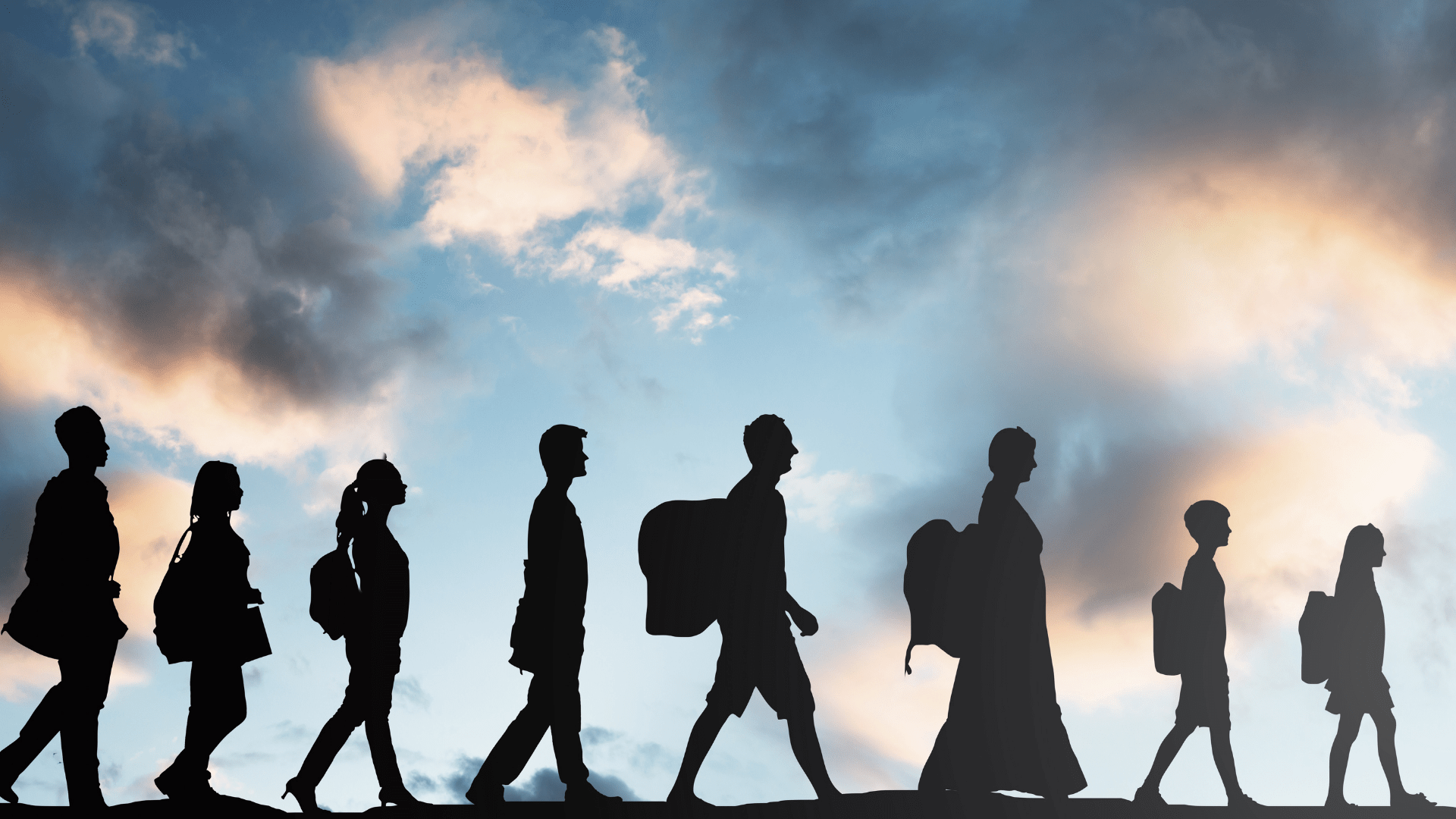Members of Parliament have called into question the sincerity of the ruling Liberal government’s friendliness towards refugees. This response comes after the release of some numbers, which the MPs find troubling, that said 4,400 refugees were turned away at the Canada-U.S. due to the Safe Third Country Agreement (STCA) since 2016.
“Trump’s discriminatory immigration policy and racist rhetoric sent shock waves to the immigrant and refugee communities in the U.S.,” said NDP Immigration, Refugees and Citizenship Critic Jenny Kwan told NCM in an emailed statement. The revelation came after she had requested the numbers which, to her, demonstrate “it is not a coincidence that in this climate of fear and confusion, Canada immediately saw a spike at the U.S./Canada port of entry from those who fear for their safety and were trying to seek refuge in Canada.”
Kwan’s Tory counterpart, Shadow Minister of Immigration, Refugees and Citizenship, Raquel Dancho, shared the sentiment and called the Liberal “hypocritical.”
“The Liberal government is having tremendous difficulty properly managing the immigration file since the pandemic. They were certainly having problems before that,” she told NCM over the phone. “That is certainly our goal as Conservatives. We want to see Canada as a safe haven for the most vulnerable refugees. We stand by that.”
“Safe country”
The STCA took effect in 2004 and it is essentially a declaration that Canada and the United States are safe countries for refugees. That means refugees have to apply for asylum in the first country they land in. Canada is able to reject refugee claims if they arrived in the U.S. first as a way to prevent “asylum shopping.” Groups like the Canadian Council for Refugees (CCR) “strenuously opposes the Agreement, because the U.S. is not a safe country for all refugees,” reads a statement on their website. “The CCR also denounces the purpose and effect of reducing the number of refugees who can seek Canada’s protection.”
Last July, The Federal Court sided with CCR and struck down the STCA as unconstitutional. The court decision was made on the basis that the law infringes on section 7 of the Canadian Charter of Rights and Freedoms. That section guarantees “the right to life, liberty and security of the person and the right not to be deprived thereof except in accordance with the principles of fundamental justice.”
Since then, the federal Liberals have declared their intent to appeal the decision. On Aug 21, Minister of Public Safety and Emergency Preparedness, Bill Blair, said in a written statement “Today, the Government of Canada filed an appeal to the Federal Court of Appeal as it has assessed that there are factual and legal errors in some of the Federal Court’s key findings.” The Federal Court of Appeal granted the government a temporary suspension of the lower court’s decision. That decision will remain in place until a final decision is made on the government’s appeal.
“Under the Safe Third Country Agreement, if a person enters Canada at a land port of entry from the United States, they are not eligible to make a refugee claim in Canada and are returned to the U.S. unless they qualify for an exception to the Agreement,” said a spokesperson for the IRCC. “However, some asylum seekers who arrive at Canada-U.S. land ports of entry, and who qualify for an exception to the Safe Third Country Agreement may be allowed into Canada,” they also said.
Certain exceptions do exist that could allow a person to enter Canada despite STCA. These include refugees who have family members in Canada who have legal status under Canadian immigration law. These can include Canadian citizens, a permanent resident, a protected person under immigration legislation among others.
“Canada welcomes you”
The Liberals campaigned on promises of being a country that is friendly to newcomers. Prime Minister Justin Trudeau’s infamous 2017 tweet said that “Canadians welcome you.” To Dancho, that sentiment has rung hollow because “we [as Conservatives] believe in an immigration that is compassionate, fair and orderly. And that is how you maintain the public support and the social licence to have one of the most generous immigration systems in the world.”
While questions are being raised regarding the Trudeau government’s decision to appeal the court decision, they have received much praise around the world for their policies regarding refugees. A spokesperson for the United Nations High Commissioner for Refugees, Remais Jamous, told the Canadian Press that Canada was “a bright light in a horrible year for refugee resettlement.”
“The United Nations has consistently recognized Canada’s leadership when in protecting the world’s most vulnerable, as the number one country in the world for refugee resettlement,” said Alex Cohen, press secretary for IRCC Minister Marco Mendicino.
“This was underscored last week, when we celebrated the fifth anniversary of the first Syrian refugees arriving in Canada, a highly successful initiative that has helped over 73,000 refugees start new lives in Canada,” he added. Thus far in 2020, Canada has welcomed roughly 7,000 refugees.
Dancho has also been vocal about the reuniting of families during the pandemic. She has stood in the House of Commons repeatedly to voice concerns on this file during the question period. “I’ve been speaking with dozens and dozens women and men every week that are separated from their spouses that have children together… but now COVID, it’s not looking great.”
Rejections under STCA peaked in 2017 with 1992 people being turned away at the border. It is hard to verify MP for Vancouver East Jenny Kwan’s claim that this is because of the outgoing Trump administration anti-immigrant rhetoric, but she remains steadfast in her conviction that is the cause. “By not suspending the STCA, Canada was complicit with Trump in forcing asylum seekers to return to persecution, torture and even death,” she told NCM. In 2016, 742 people were rejected. Thus far in 2020, 259 applicants were turned away.
Editor’s note: This story has been updated to include comments from the Immigration Minister’s office.
Mansoor Tanweer is New Canadian Media’s Local Journalism Initiative reporter on immigration policy. An immigrant himself, he has covered municipal affairs and the Brampton City Council in addition to issues relating to newcomers over several years.





